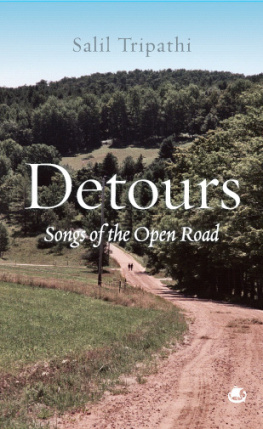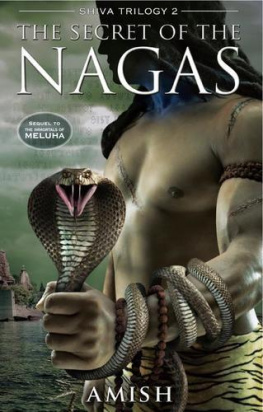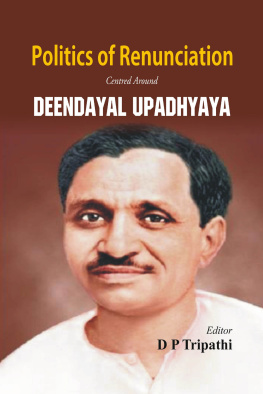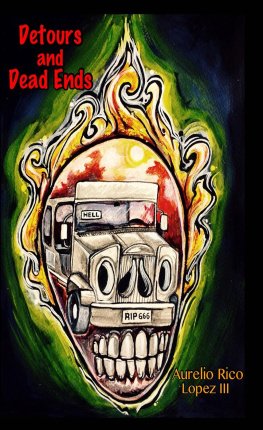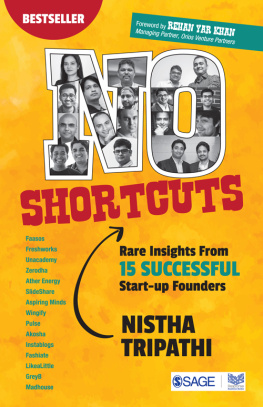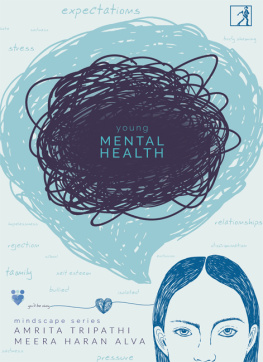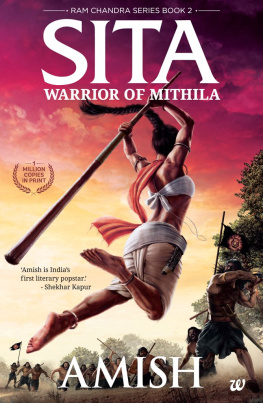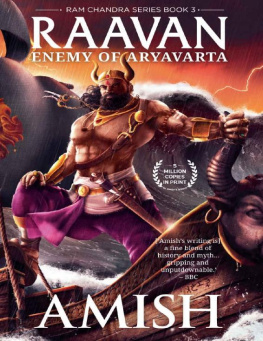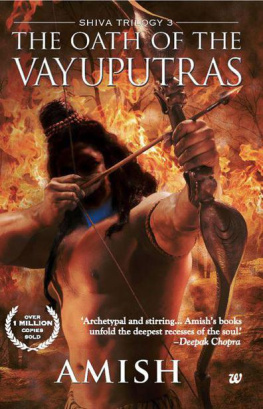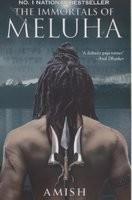Tranquebar Press
An imprint of westland ltd
61, II Floor, Silverline Building, Alapakkam Main Road, Maduravoyal, Chennai 600095
93, I Floor, Sham Lal Road, Daryaganj, New Delhi 110002
First published in TRANQUEBAR PRESS by westland ltd 2015
First ebook addition: 2015
Copyright Salil Tripathi 2015
All rights reserved
ISBN: 978-93-85724-65-7
Typeset by PrePSol Enterprises Pvt. Ltd.
Due diligence has been followed by the author while seeking permissions from authors quoted in the book
This book is sold subject to the condition that it shall not by way of trade or otherwise, be lent, resold, hired out, circulated, and no reproduction in any form, in whole or in part (except for brief quotations in critical articles or reviews) may be made without written permission of the publishers.
PREFACE
This book came about because one afternoon in early 2007 at the editorial office of a newspaper not yet launched, the editor of its weekend section decided to risk letting me write a travel column which wasnt really going to be a travel column. Priya Ramani at Mint liked the idea of my writing about places I would visit, reflecting on the history and politics of the place, but looking at the place through its literature and culture. I would not mention the food I ate or drinks I enjoyed there unless it was necessary; I would not name hotels, nor would I give any information about prices or other practical information, such as how to get there, was a visa necessary or not, and what sights had to be seen.
Instead, Id write about what I felt about the place, how its culture may have influenced its people and its politics, what other writers, artists, filmmakers, or poets had said about the place, and how I had responded to the place.
Then one evening in 2008 in Delhi, I discussed the possibility of turning the pieces into a book with Nilanjana Roy, who was at that time setting up the editorial operations of Westland/Tranquebar. She raised the stakes: reprinting the columns wont do. (She was right; anyone can go to Mint s website and read all the pieces.) Instead, she encouraged me to reflect on those places deeper, and write fresh essays about each place, crafting each essay around a theme or a writer, an artist, or an idea, who gave meaning to the place for me. After Nilanjana left Westland to pursue her own writing, Renuka Chatterjee and Prita Maitra encouraged me to go on, and Sudha Sadhanand steered the project, giving it the final shape. To all of them, my grateful thanks.
As I started working on the essays, I looked back at the great travel writing I had readMark Twain, Eric Newby, Paul Theroux, Ian Buruma, Pico Iyer, and William Dalrymple are among the writers through whose words I began to look at the world differently. I had also read many entertaining accounts, of an American or British writer abroadlike S J Perelman or George Mikesand enjoyed the tragicomedy that followed. But getting off the beaten track and travelling on roads not taken to reach quieter places seemed so much more enticing. I also read many accounts of the outsider looking in at India, the western gaze trying to make sense of the mysterious east. Mine was an attempt to look at the world through Indian eyesnot as if it was an empire-striking-back, for that would be too presumptuous: how can anyone born in India claim to speak on behalf of a billion people? Rather, mine would be an attempt to look at the world through a sensibility that had been shaped by India and later tinged by other cultures.
I hadnt left India until 1975 when I was still thirteen, on a tour organised by my school to Nepal. In 1979 I spent a few weeks in Scotland on a student exchange programme. In 1983 I went to the United States to study and returned home in 1986. I moved abroad in 1991, when I left for Singapore, and then in 1999, for England. Each journey affected in some way how I saw the world.
My workas a correspondent first, and later, as a researcher/advocate for human rights organisationshas taken me to fifty-five countries (including India). Ive learned something new from each visit; Ive made lasting friendships in many cities and towns around the world. It is impossible to write down each experience. This book attempts to reveal the world I have seen.
The book is divided into three parts: War & After , Words & Images , and Loss & Remembrance . The first section, War & After ,
deals with places that have been deeply affected by armed conflict or have had human rights challengesBogot, Jakarta, Berlin, Yangon, Mostar, Phnom Penh, Cape Town and Johannesburg, Singapore, Lagos, and Istanbul. In the next section, Words & Images, I write about places that I have understood better because certain writers or artists have made those places more vivid: Bombay (now Mumbai), Amsterdam, Paris, Madrid, Barcelona, Nairobi and Naivasha, Arusha and Kilimanjaro, Granada, Valparaiso and Isla Negra, Kyoto, Srimongol and Shilaidaha, Shanghai, and New York. The third section, Loss & Remembrance, is the most personal; it is, in a sense, about Karuna Sirkar, my wife who died in 2006. I have written about the places I had travelled with her in the two decades we were together, or where I could feel her presence on later visits; or the places where I went with my sons Udayan and Ameya after her passing, as the three of us tried to pick ourselves up to understand the meaning of our shattering loss: Ludlow and Proctersville, Collioure, Geneva, Stockholm, Venice, Beachy Head, lesund and Oslo, and San Francisco.
This book would not have been possible without the warmth many friends have shown to me on five continents. It is impossible to name everyone here, but many of them feature in the pages that follow. Id also like to thank Priya Ramani and her colleagues who edited the column, Detours, at Lounge, Mints excellent weekend sectionNiloufer Venkataraman, Sumana Mukherjee, Aadisht Khanna, and Shamanth Rao, as well as Mint s editors I have worked withRaju Narisetti, R Sukumar, and Niranjan Rajadhyaksha. At Westland, I thank Sudha Sadhanand, Prita Maitra for their support and encouragement, and Renuka Chatterjee, who has now moved on. Nilanjana Roys belief in the book gave me the confidence to get started. At home, Udayan reminded me that I should finish the book and spend less time on Twitter and Facebook, and once I obeyed him and finished the manuscript, he was an enthusiastic reader; Ameya did a fine edit and suggested amazing references that have enriched the text, proving once again, that we learn from our children, and not the other way around. Karuna was a constant presence, even in her absence.
I dedicate this book to the two people who made me, and who were the greatest cheerleaders one could havemy parents, Harsha and Jaysukh Tripathi. Both now gone, but both of whom had heard many of these stories as they happened. As a tourist guide in Bombay, my mother told me about the foreigners she met, reminding me how little divided people across cultures. And my father who would open the Atlas and take out his magnifying glass to find where on earth I had gone. Once he located it, hed smile and draw a circle around that place. It was my job to make that map messier and more crowded; as I keep doing it, Im sure he is circling those towns somewhere and smiling.
The girl from the coast stood by my side as we waited for the bus that was to take us to a posh club in downtown Bogot. It was early morningnot yet sevenbut the road was already busy with traffic. Had I been there five years earlier, my hotels receptionist would have thought of all sorts of ways to restrain me from waiting outside the hotel, even though the bus picking us up was owned by a travel agency the hotel had recommended, and the driver would be known to the people who had invited me. Nothing was safe in Bogot then. If you were a foreigner, you were worth something.


